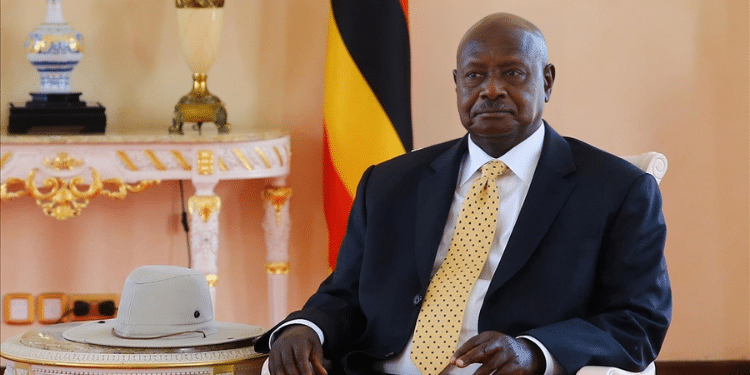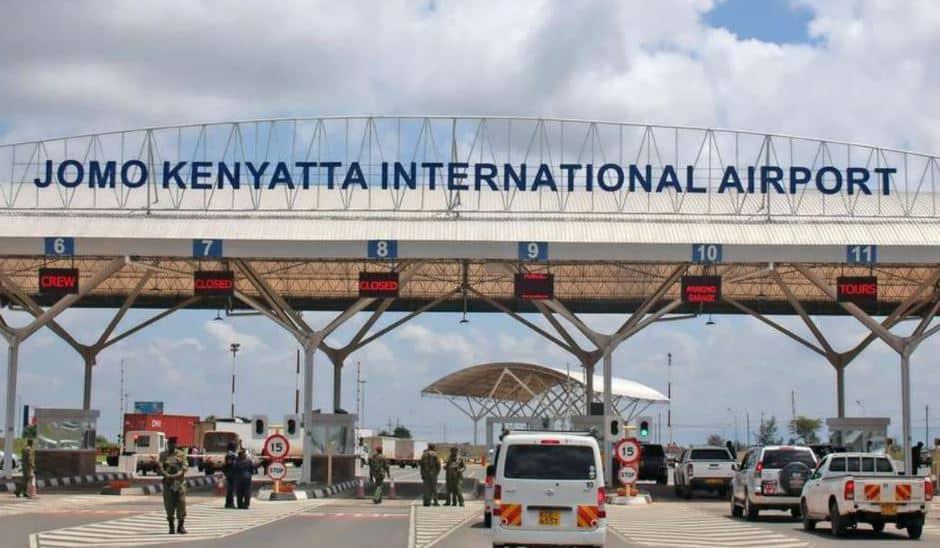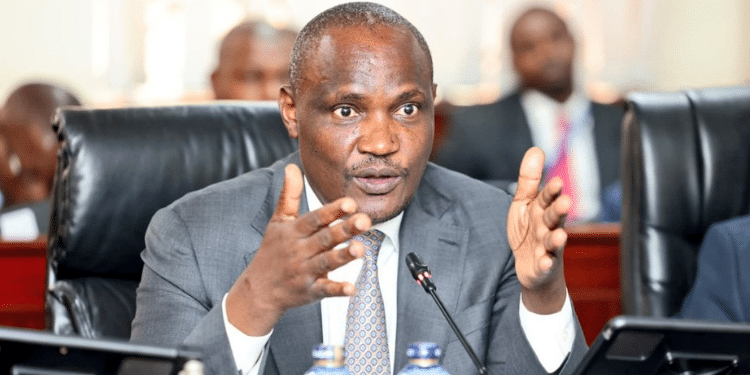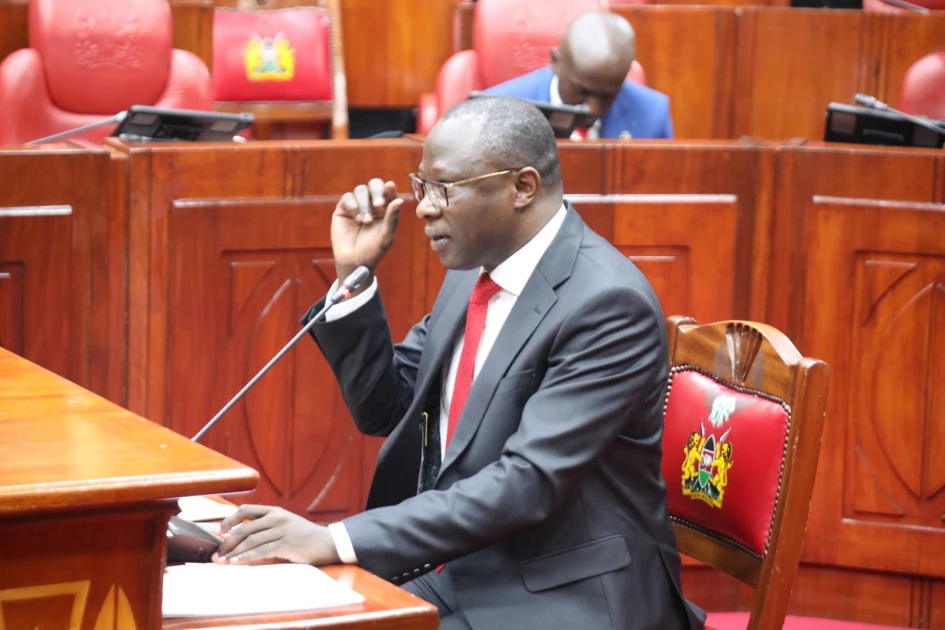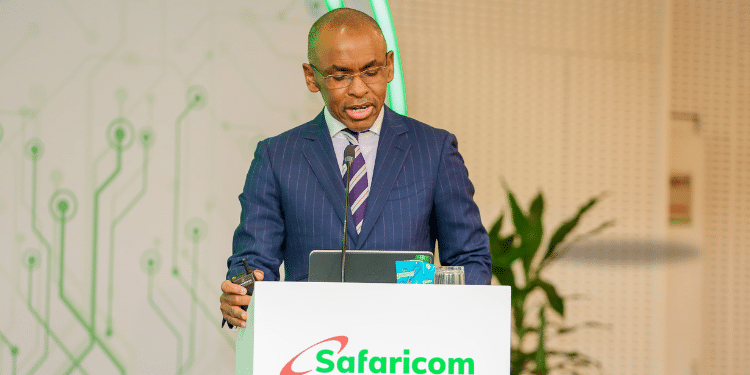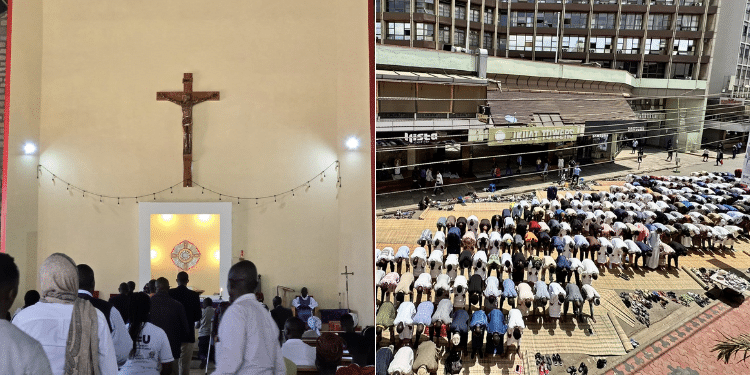This year, the world bears witness to an extraordinary celestial and spiritual alignment: Ramadan and Lent, which started on Ash Wednesday, March 5, coincide for the first time in 33 years.
While many may dismiss this as a mere calendrical quirk, this convergence is far more profound. It is a rare opportunity for Muslims and Christians to reflect on their shared humanity, challenge societal divisions, and reignite a global dialogue rooted in compassion and mutual respect.
As someone who has studied interfaith relations for decades, I believe this moment is not just a coincidence—it is a call to action.
Ramadan and Lent are both profound journeys of spiritual discipline. For Muslims, fasting from dawn to sunset during Ramadan is a physical and moral trial, a reminder of humanity’s dependence on God and the suffering of the less fortunate.
For Christians, Lent’s 40-day fast, running from March 5 to April 14 (culminating in Easter Sunday), mirrors this discipline, urging believers to surrender pride, repent, and renew their faith. Both traditions emphasize self-control, charity, and empathy—values that transcend religious labels.
Yet, in an era of geopolitical tensions and sectarian strife, these shared values are often overshadowed by fear and misunderstanding.
The simultaneous observance of Ramadan and Lent this year strips away the illusion of difference.
When a Muslim in Cairo breaks their fast with a Christian neighbor, or when a church in London hosts an iftar for Muslims, these acts defy the narratives of division peddled by extremists.
They remind us that fasting is not merely about hunger; it is about hunger for justice, peace, and connection.
Lessons from Past Convergences of Ramadan & Ash Wednesday
This alignment of Ramadan and Lent is not unprecedented but occurs approximately every 33 years due to the Islamic lunar calendar shifting earlier each year compared to the Gregorian calendar used by Christians.
Historical precedents show that such convergences have been moments of unity and resilience:
– 1916: During World War I, one of the earliest recorded full overlaps of Ramadan and Lent provided solace to soldiers and civilians alike amidst global conflict.
– 1948: Shortly after World War II, another complete alignment coincided with the establishment of Israel and the struggle for peace in the Middle East. Muslims and Christians collaborated to aid refugees, demonstrating the power of faith to bridge divides.
– 1979: Amidst geopolitical tensions and social change, Ramadan and Lent overlapped again, reinforcing the potential for interfaith solidarity.
– 2011: A partial overlap occurred just before the Arab Spring, a period marked by uprisings across the Middle East and North Africa, where faith played a critical role in mobilizing communities.
The next full alignment of Ramadan and Lent is expected in 2057, making this year’s convergence all the more special.
Each time these two fasting periods coincide, it presents a unique opportunity for interfaith engagement and mutual understanding.
Acts of Solidarity: Beyond Symbolism to Action
In conflict zones like Gaza, Ukraine, and Sudan, Muslims and Christians are fasting together under challenging circumstances.
In Gaza, they share meager meals, uniting in a common plea for peace. In Ukraine, churches and mosques open their doors to displaced families, their Lenten and Ramadan prayers echoing with the same plea for mercy.
These acts of solidarity defy the narratives of division and highlight the universal themes of empathy and resilience present in both traditions.
Churches hosting iftars and mosques inviting Christians to Eid prayers are powerful gestures of interfaith hospitality.
Such initiatives demonstrate that breaking bread together builds bridges, fostering understanding and respect between faiths.
Interfaith Collaboration: Addressing Global Challenges
Interfaith gestures, though meaningful, must be complemented by systemic change. To truly honor this convergence, religious leaders must leverage it to address pressing global challenges:
– Charity and Giving: Muslims practice zakat (obligatory alms) and sadaqah (voluntary charity), while Christians give alms.
Imagine if these traditions were channeled into joint initiatives—funding schools in impoverished communities, providing clean water to drought-stricken regions, or addressing climate change.
– Dialogue and Education: Interfaith dialogues can tackle modern crises like misinformation, which fuels hatred and division. By working together, religious leaders can dismantle stereotypes and promote coexistence.
Also Read: Eid-ul-Fitr: What to Know About the Muslim Holiday After Ramadan
Courage is required to reject the politics of fear that exploit religious differences. As Imam Ali Khalil wisely noted, “For too long, religions have been pitted against one another.”
By collaborating, faith communities can inspire a new generation of peacemakers and advocates for justice.
A Biblical Perspective: Echoes of Repentance and Renewal
Lent draws its inspiration from the biblical narrative of Jesus’ 40 days in the wilderness, where He fasted, prayed, and resisted temptation.
This period of reflection aligns with the Qur’anic teachings of self-discipline and devotion during Ramadan. A verse from the Bible resonates deeply with the spirit of Lent and serves as a guiding principle for this convergence:
“If my people, who are called by my name, will humble themselves and pray and seek my face and turn from their wicked ways, then I will hear from heaven, and I will forgive their sin and will heal their land.”— 2 Chronicles 7:14 (NIV)
Also Read: Ash Wednesday: What Christians Should Not Do, Including Foods to Avoid for 40 Days
This verse underscores the importance of humility, repentance, and seeking God’s guidance during times of trial.
It echoes the themes of introspection and renewal central to both Ramadan and Lent, reminding believers of their shared responsibility to care for one another and the world around them.
A World Beyond Labels
The Qur’an teaches, “We have created you as nations and tribes so that you may know one another” (49:13). Lent’s central message, echoed in Jesus’ command to “love your neighbor as yourself” (Mark 12:31), reinforces this truth.
These teachings are not abstract ideals but blueprints for a world where faith unites rather than divides.
The convergence of Ramadan and Lent is fleeting, but its lessons must endure. Let us emerge from these sacred months not just as fasting individuals but as advocates for a world where empathy trumps enmity, shared values override sectarianism, and the hungry, the displaced, and the marginalized are lifted up by hands of every faith.
After all, if believers can find common ground in fasting and prayer, why can’t the rest of the world?
Follow our WhatsApp Channel and join our WhatsApp Group for real-time news updates


